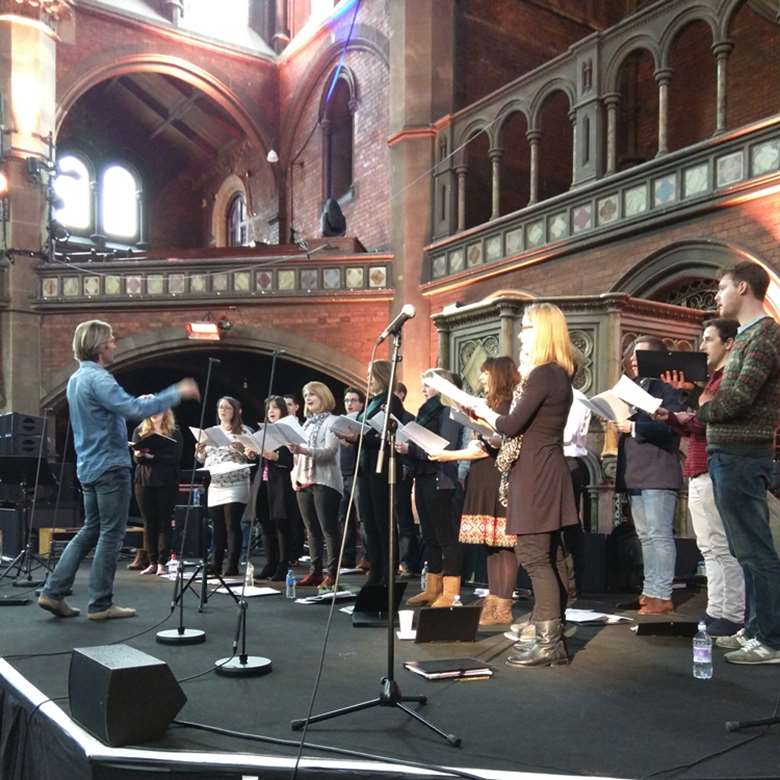New scientific study shows that singing and attending classical music concerts physically reduces stress
Gramophone
Wednesday, July 1, 2015
Research by the Royal College of Music's Centre for Performance Science demonstrates the positive benefits of engaging with music

Register now to continue reading
Thanks for exploring the Gramophone website. Sign up for a free account today to enjoy the following benefits:
- Free access to 3 subscriber-only articles per month
- Unlimited access to our news, podcasts and awards pages
- Free weekly email newsletter







